Essential Oils: Their Benefits and How To Use them
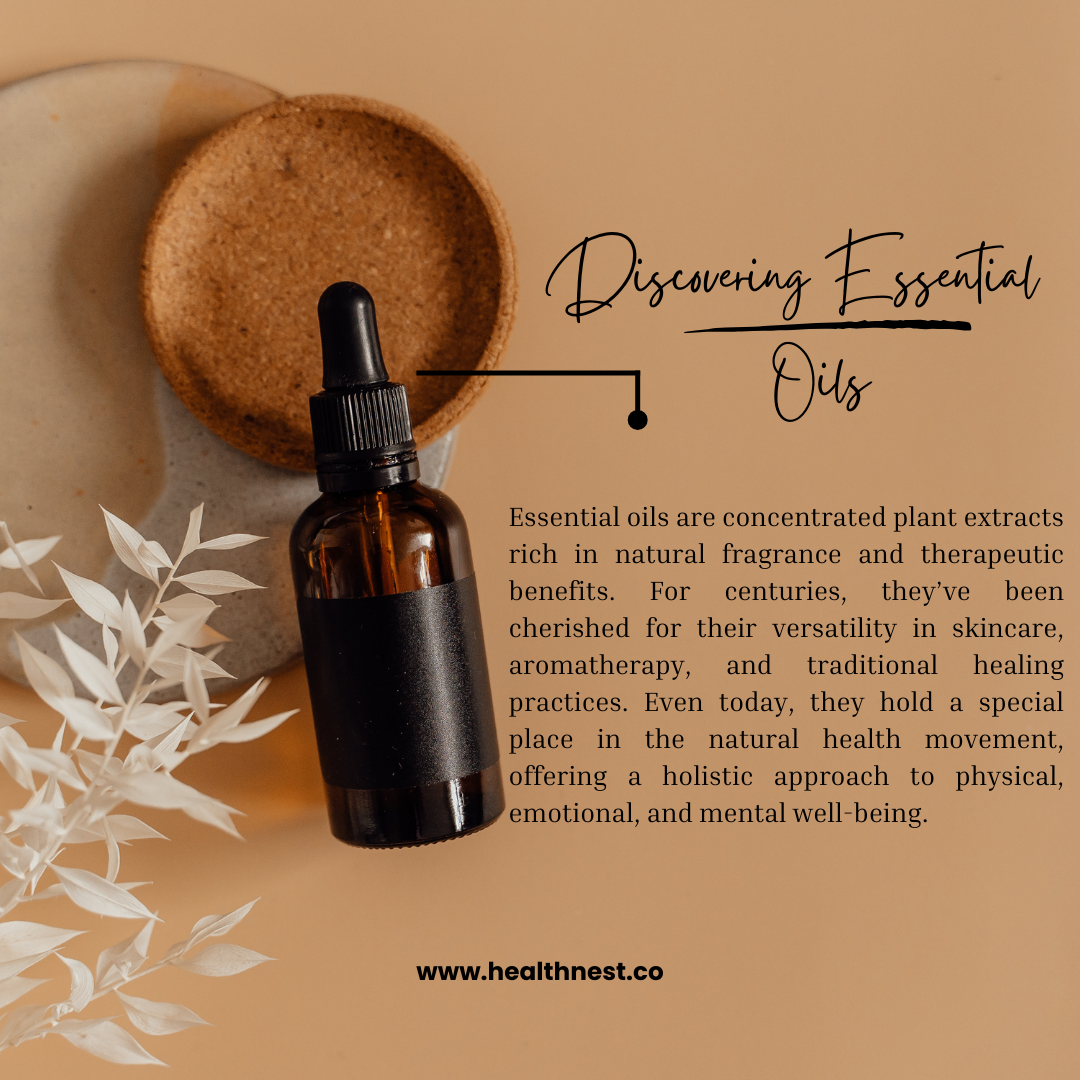
Essential oils are natural extracts from different parts of plants in a concentrated form containing the fundamentals of their source. Over the centuries these oils have been used for traditional medicine, aromatherapy, and skincare. Herbs are becoming increasingly popular with individuals nowadays searching for natural cures for their physical, emotional, and mental wellness.
A look at the health benefits, how to use them, and the safety behind essential oils and what are some of the most popular varieties today.
Essential Oils?
Essential oils are potent liquid extracts of plant materials, made by methods such as steam distillation and cold pressing. These essential oils carry through the natural attributes of the individual plants they derive from and are highly concentrated and potent, with myriad uses!
Essential oils do not contain harmful chemicals as do synthetic fragrances, which is why they are a popular choice for those who care about their health. However, due to their potency, they should be used with caution and appropriate knowledge.
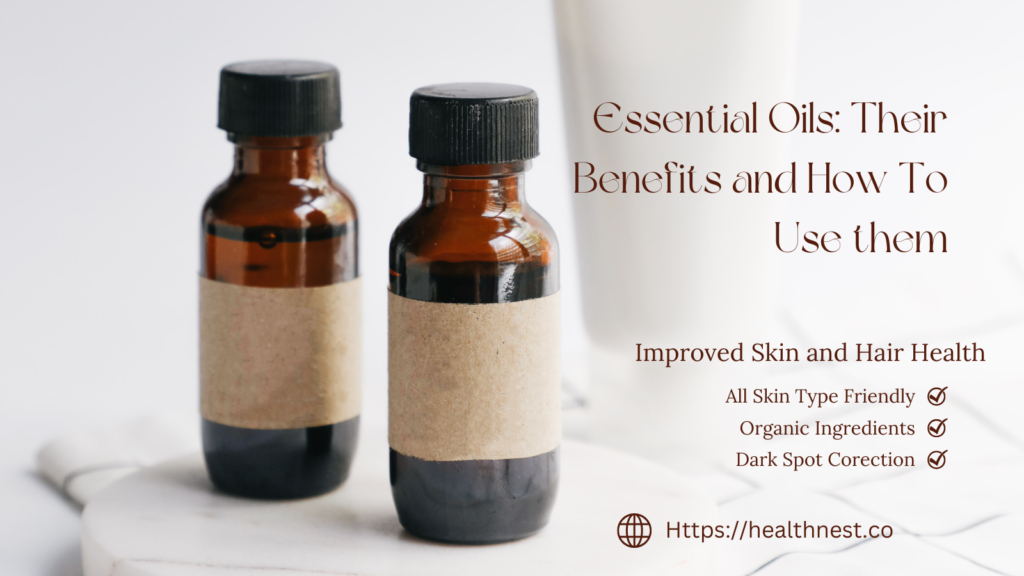
Benefits of Essential Oils
Stress and Anxiety Management
Lavender, ylang-ylang, and chamomile are all essential oils known for being calming. Inhale them as they connect with the animal brain’s limbic system, lowering cortisol levels and inducing relaxation.
- Lavender: A staple for decreasing stress, enhancing sleep, and soothing the nerves.
- Ylang-Ylang: Lowers blood pressure and heart rate and adds a sense of calm.
Enhanced Sleep Quality
Having a hard time with insomnia or restless nights? Oils such as sandalwood, lavender, and bergamot can assist. However, melatonin has sedative properties that help one relax deeply and let their bodies and minds rest.
Boosted Respiratory Health
Specifically, eucalyptus and peppermint oils are useful for clearing airways and providing respiratory support. They have antiinflammatory and antimicrobial characteristics, so they can ease sinus congestion and help you breathe better.
Pain and Inflammation Relief
Essential oils (such as ginger, frankincense, and rosemary) have analgesic and anti-inflammatory effects. They are frequently utilized in massage therapy to relieve muscle soreness, joint rigidity, and even headaches.
Improved Skin and Hair Health
- Tea Tree Oil: makes an effective antibacterial oil for acne-prone skin It also calms irritations and cuts down on redness.
- Rosemary Oil: Helps promote hair growth in a similar manner to peppermint by increasing blood flow to the scalp.
- Frankincense: Minimizes wrinkles, scars, and hyperpigmentation, leaving the skin more vibrant.
Mood Enhancement and Focus
Citrus oils (orange, lemon, etc.) are also very uplifting and energizing, so they are perfect for fighting fatigue or stimulating concentration at work.
Immune System Support
There are several doTERRA essential oils, for example, oregano and clove, that are antimicrobial, assisting the body in warding off infections. They may be diffused in the air or diluted and applied to the skin for whole-body health.
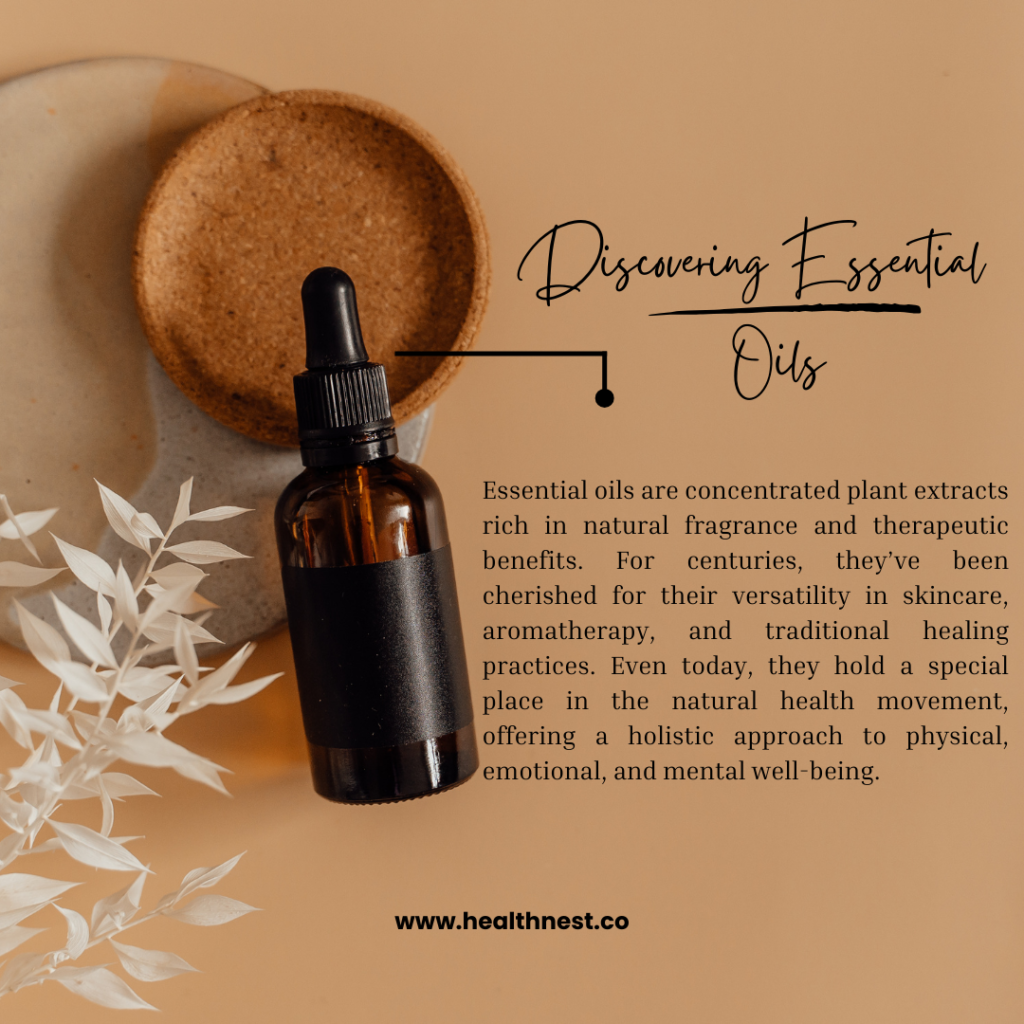
How to Use Essential Oils
Aromatherapy
The most popular method, aromatherapy, uses inhalation of essential oils to experience their soothing or energizing effects.
- Diffusers: Put a few drops of essential oil into a diffuser that disperses the scent throughout a room.
- Dry Evaporation: Drop it on a cotton ball or tissue and allow it to sit in the room for a more passive effect.
Topical Application
Essential oils must be diluted with a carrier oil (e.g., coconut, jojoba, or almond oil) before being applied to the skin.
Message: For better pain relief and circulation in therapeutic massages.
Spot Treatment: Tea tree oil or lavender oil is often used for acne, scars, or skin irritation.
Bath Soaks
Essential oils in bathwater make a poor man’s spa at home. Mix with Epsom salts for extra muscle relaxation.
Compresses
For muscle pain or inflammation, blend the essential oils with warm water and apply with the aid of a fabric on the affected area.
Common Essential Oils and Their Uses
Some common essential oils and their main uses are:
Lavender Reducing stress, improving sleep, healing skin
Peppermint Energy, headache, respiratory tract
Tea Tree Antibacterial, antifungal, acne treatment
Essential Oil
Benefits
Eucalyptus Sinus support, respiratory support, antimicrobial
Chamomile: Soothing skin, digestive health, relaxation
Frankincense Skin revitalization, pain relief, immune support
Rosemary Baldness, improved memory, and alleviation of pain
Lemon: Uplifting mood, cleaning, aiding digestion
Safety Tips
Though essential oils are natural, they are highly concentrated and can cause bad reactions if used incorrectly. Follow these tips to use them safely:
Dilution: Always dilute essential oils with a carrier oil before topical use. It can cause irritation or burns when applied directly.
Patch Test: To this end, a patch test can be done by putting diluted oil on a small spot on the skin and waiting to see if any reactions develop for 24 hours.
Avoid Ingestion:
Do not ingest unless under the supervision of a qualified practitioner, as essential oils can be harmful.
Storing it: Store oils in a cool, dark place out of children’s and pets’ reach.
Pregnancy and Children: Some oils are unsafe during pregnancy or for children. Research the product thoroughly before starting.
Essential Oil Systematic Application
For Relaxation
- Start using lavender or chamomile oil in a diffuser during meditation or at bedtime.
- For the most relaxing bath ever, add a few drops of sandalwood oil to a warm bath.
For Focus and Energy
- Try diffusing a citrus oil such as orange or lemon during the workday.
- For a fast pick-me-up, apply diluted drops of peppermint oil to your temples.
For Skincare
- Add tea tree oil to your moisturizer to fight acne.
- Mix frankincense oil and a carrier oil to create an anti-aging night serum.
The environmental impact of essential oils
With all of the benefits of essential oils, their production can affect the environment, however. This process requires a lot of plant material to yield limited quantities of oil, which can cause overharvesting and habitat loss.
To reduce the impact on the environment:
- Buy from responsible brands that prioritize sustainability.
- Apply essential oils conservatively and store them correctly to prolong their lifespan.
WHAT THEY REALLY Essential oils are a natural and versatile tool for enhancing overall well-being. They have various applications, from encouraging relaxation and assisting with sleep to enhancing skin health and increasing concentration. But their strength necessitates careful usage, such as appropriate dilution and following safety procedures.
For these reasons, the incorporation of essential oils into our daily lives should be done mindfully and sustainably to be enjoyed with gratitude and respect from where they come from.
Explore the world of essential oils to discover which ones resonate with your lifestyle and wellness goals.
Facebook
Twitter
LinkedIn
WhatsApp
Telegram
Pinterest
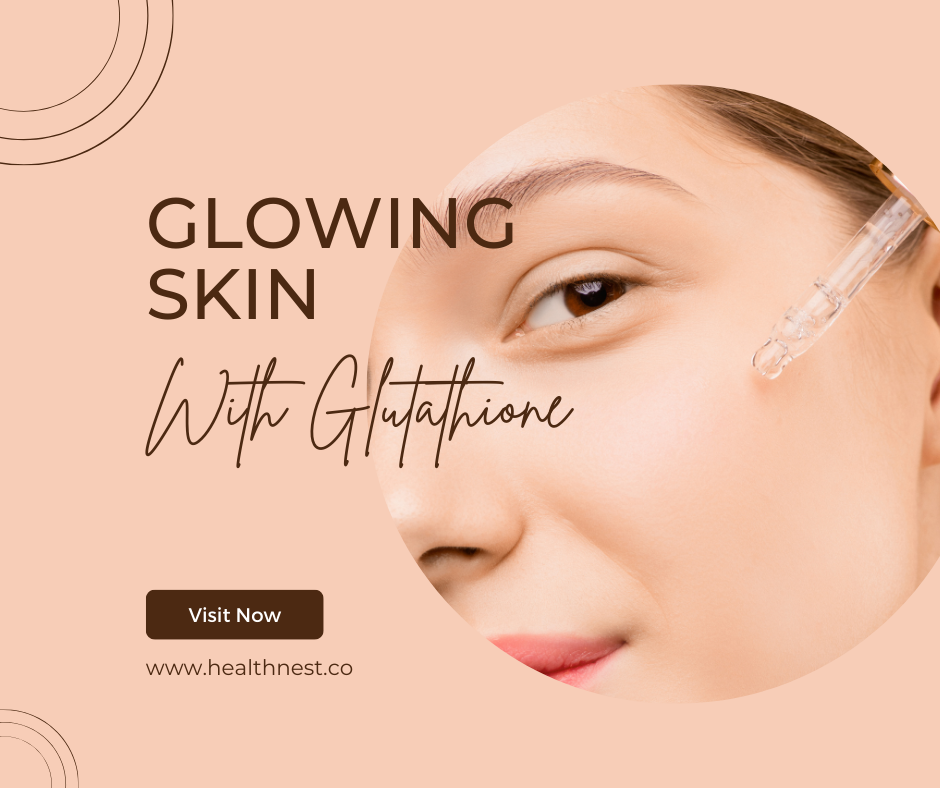
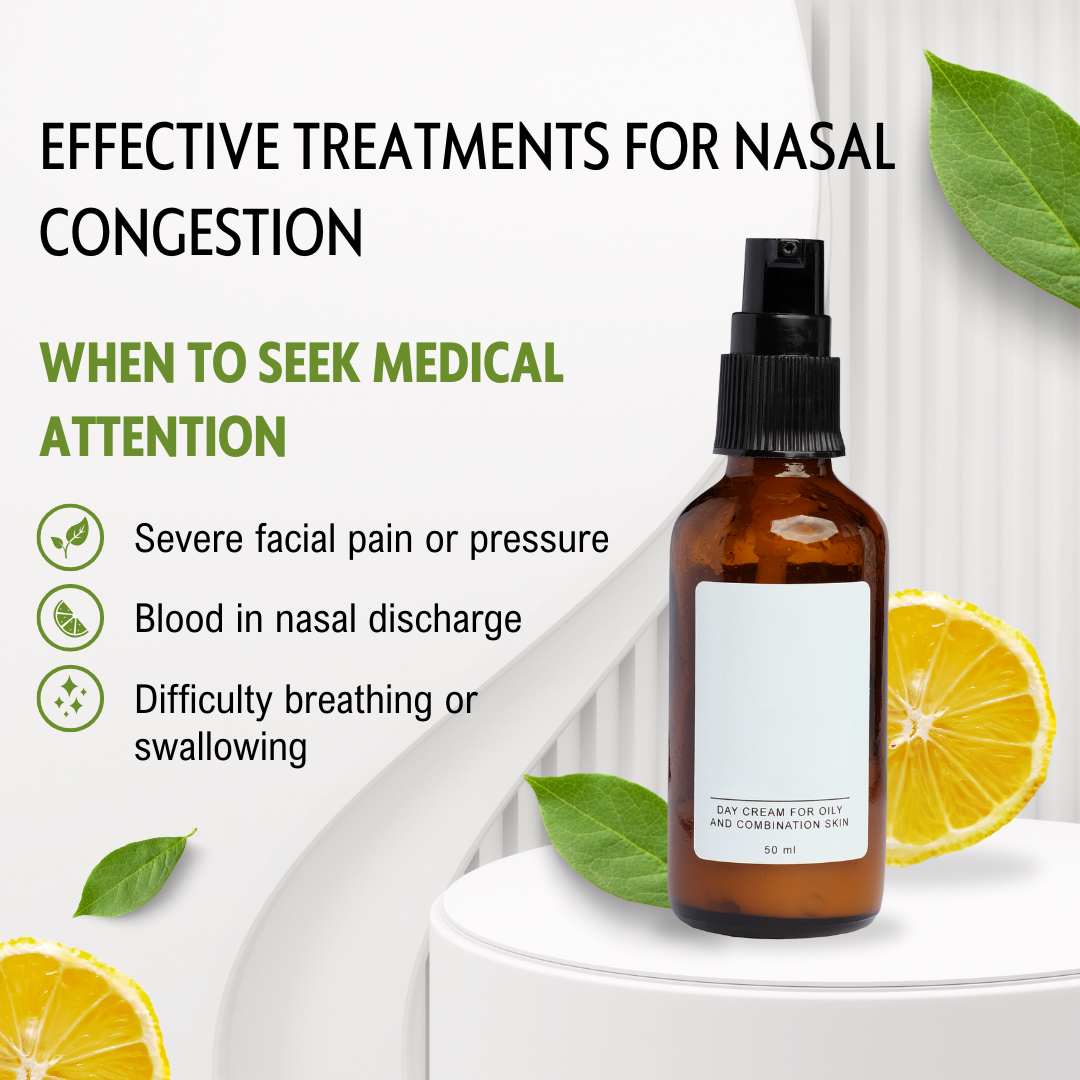


হাই, আমি আপনার মূল্য জানতে চেয়েছিলাম.